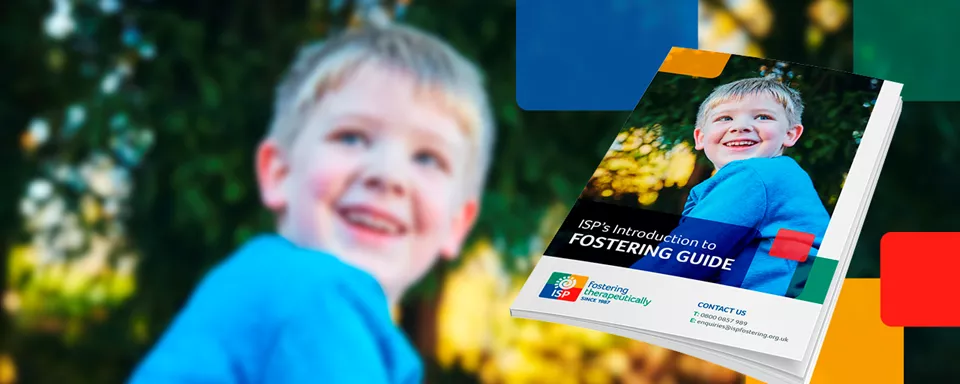
Types of fostering
We provide a variety of different types of foster care to ensure that we can meet the individual needs of children in care.
Some children may only need a foster home for a night or two during an emergency. Whereas others may remain in foster care for much longer, ranging from several months to many years. Some may even require a specialist kind of foster care, like parent and child.
At ISP, we offer a diverse range of fostering placements to ensure that every child receives a stable and nurturing family environment where they can thrive. From short-term and long-term to more specialist types of foster care, like fostering children with disabilities, there are lots of ways you can make a difference.
If you’re considering becoming a foster parent, one of the crucial decisions you’ll need to make is selecting the type of foster care that will suit you the best. Get started by learning about all the different types of fostering below…
Short-term fostering
Short-term fostering provides children in care with a safe and loving home when they’re not able to stay with their families.
This could be for a night or two or even a few years while plans are made for a child’s future. Often, this type of fostering is required while care proceedings are ongoing.
Long-term fostering
Long-term fostering offers a more permanent home to a child, which often lasts until they turn 18 and are able to live an independent adult life.
This provides great stability to young people in care as they remain with a single, dedicated foster family who will care for them for many years.
Emergency foster care
In situations where it’s unsafe for a child to remain at home, an emergency foster care placement will provide them with somewhere safe to stay and a family to comfort them during these times of uncertainty and distress.
Respite foster care
Provides vital support to foster families by giving them a short break from fostering, while the child in their care stays with their respite foster parent.
Generally, respite care is for 1 or 2 nights – sometimes a little longer – and tends to take place over the weekend and during the school holidays.
Fostering children with disabilities
There are many children in foster care who have a wide range of disabilities that impact their ability to engage in everyday activities, look after themselves and thrive. This includes sensory disabilities, learning difficulties and mobility problems.
Parent and child fostering
Parent and child foster parents welcome vulnerable mothers – sometimes fathers too – into their homes and provide them with the practical skills they need to care for their children.
This type of foster care placement typically lasts around 12 weeks but can sometimes last longer depending on the needs of the parent and child.
Fostering asylum-seeking children
Supports young people who have often travelled great distances without their parents to flee war, political violence and exploitation, and seek asylum in the UK.
Fostering teenagers
There’s a significant number of teenagers in care who urgently need a foster family to support them through this crucial stage of their life.
Foster parents will need to be patient, nurturing, reliable, trustworthy and committed to guiding and supporting the young person through their adolescence.
Fostering siblings
Placing siblings in foster care together can greatly benefit the well-being and outcomes of children. Sadly, there’s a national shortage of foster parents who have the space and energy to care for sibling groups, leaving many children separated from their siblings.
Could you foster?
We’re looking for individuals from all walks of life to join our fostering family. You don’t need to have experience with young people, but a positive attitude and the determination to make a life-changing difference are essential.
If you meet the following initial requirements, then we’d love to speak to you:
- You are over 21 years old.
- You have a spare bedroom.
- You have a legal right to work in the UK.
- You have the time, energy and passion to transform a child’s life.

Enquiry Form
The company takes the requirements of GDPR seriously in ensuring the privacy and lawful processing of personal data provided to us by you. Please view our privacy notice which explains how the company will manage and use your personal data. This site is protected by reCAPTCHA and the Google Privacy Policy and Terms of Service apply.
